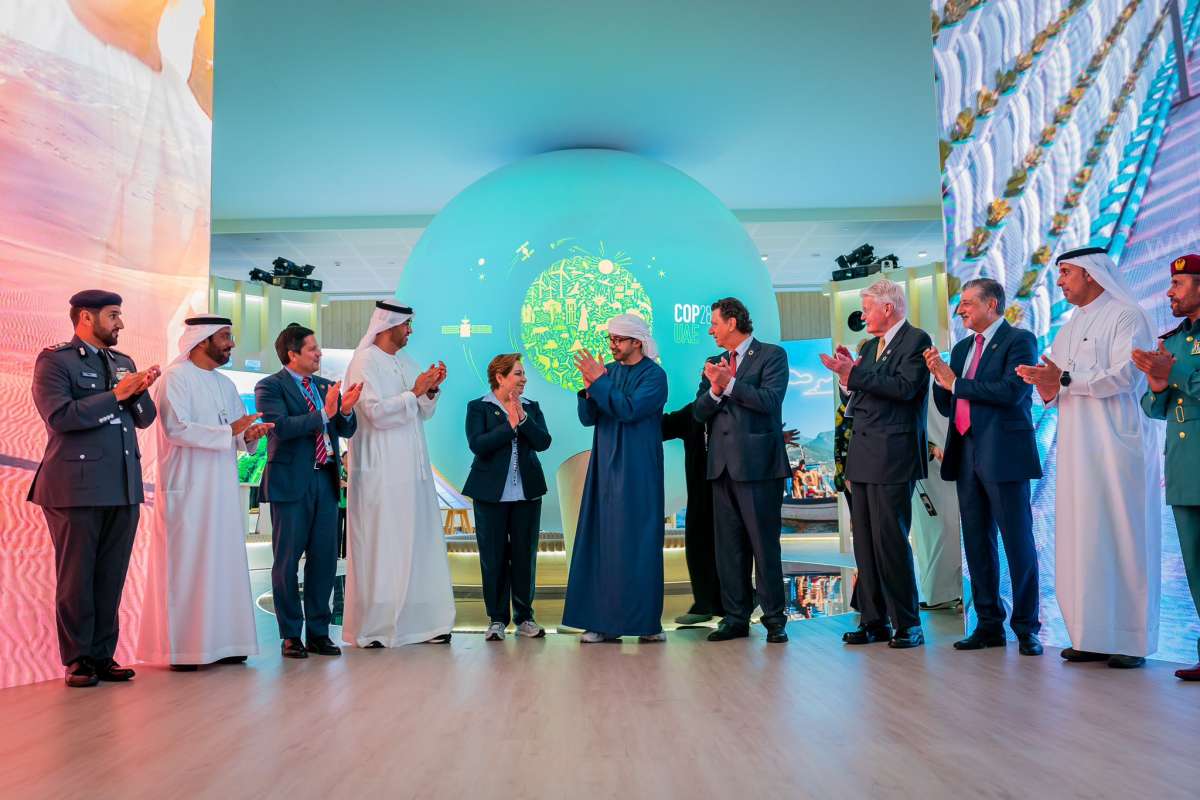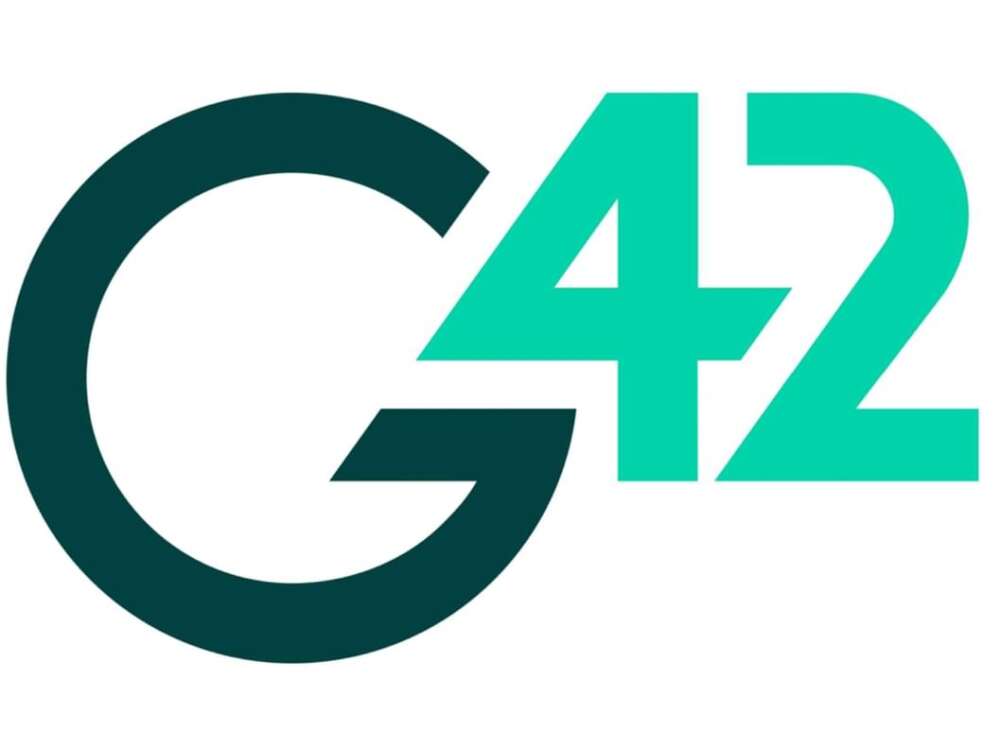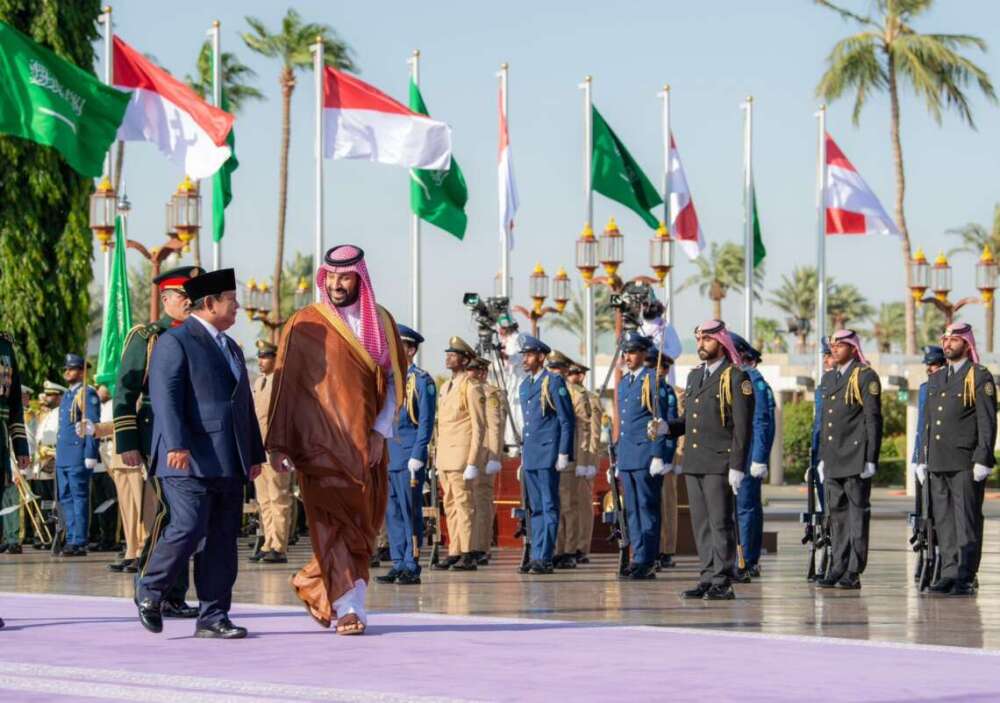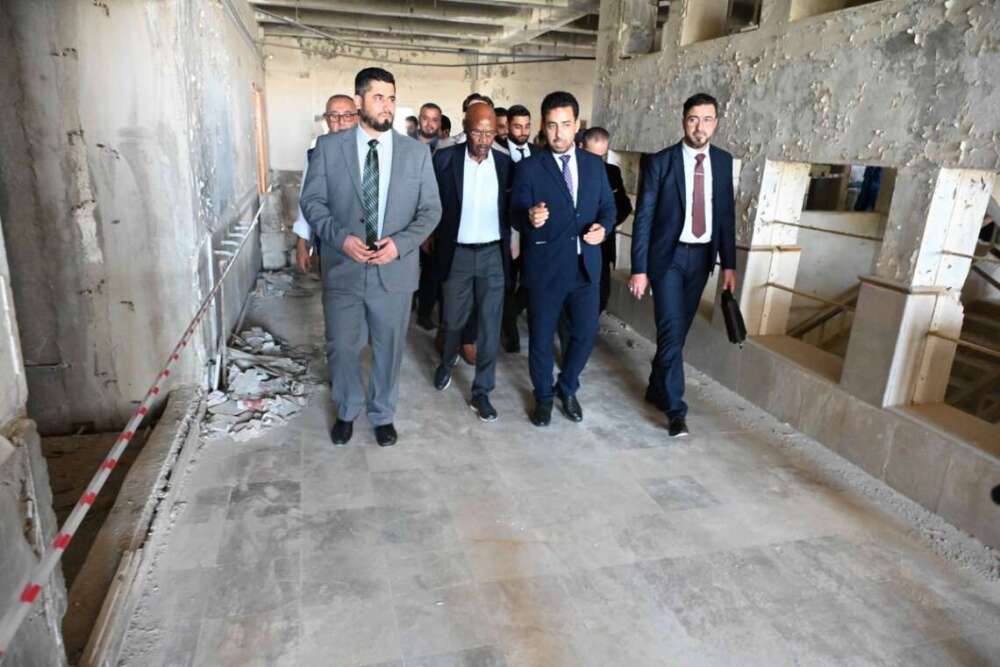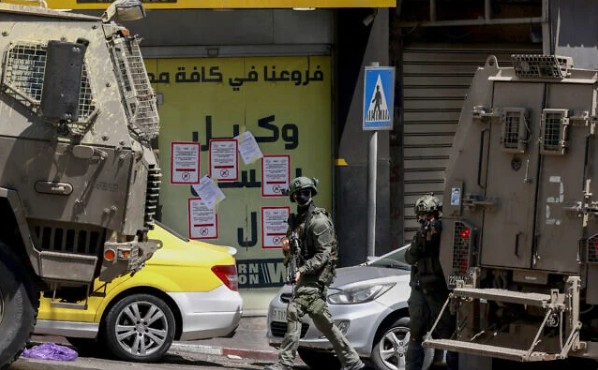The UAE hosts COP28 in Dubai from Nov 30 to Dec 12, 2023, a pivotal moment in global climate action. Its innovative thematic program targets the Global Stocktake and bridging gaps to 2030. This Presidency’s hallmark is inclusivity, with inputs gathered from governments, businesses, civil society, youth, and Indigenous Peoples. India’s active role underscores climate financing’s paramount role for a sustainable future. Its strategic approach prioritizes adaptation and equity to combat climate change. The Global Cooling Pledge gains momentum, endorsed by COP28 Presidency and Cool Coalition, addressing urgent cooling solutions. The Global Cooling Pledge, led by COP28 and endorsed by organisations like UNEP, SEforALL, and IRENA, addresses urgent sustainable cooling needs. Despite inherent challenges, progress was made at the Bonn meeting, notably on equitable funding mechanisms and the Santiago Network for loss and damage. Deliberations on post[1]202 climate finance and adaptation support are promising, enhancing global climate efforts
From November 30 to December 12, 2023, the United Arab Emirates (UAE) will host the28th Conference of the Parties to the UN Framework Convention on Climate Change in Dubai. COP28 stands as an unparalleled milestone in global climate action, setting the stage for profound change. This Presidency’s visionary two-week thematic program addresses the critical Global Stocktake and the pressing need to bridge gaps towards 2030. What sets this Presidency apart is its commitment to inclusivity, exemplified by an open consultation process that garnered input from a diverse spectrum of stakeholders, including governments, businesses, civil society, youth, and Indigenous Peoples. These consultations have cast a spotlight on the essential action areas for COP28 and emphasized their intricate interconnections.
India’s robust engagement in COP28 amplifies its powerful message on the world stage. At this pivotal juncture, India’s resolute involvement underscores the significance of climate financing in shaping a sustainable future for all. India’s strategic approach to COP28 is rooted in a profound understanding: adaptation and equity are the very bedrock upon which we must build our defences against the formidable adversary that is climate change.
The Government of India as G20 President and the Government of the United Arab Emirates, which currently holds the UN Climate Change Conference (COP28) Presidency, emphasized the significance of cooling in the international energy discussion during the High-Level Dialogue on Sustainable Cooling, which took place on Friday, 21 July, as part of the Clean Energy Ministerial-Mission Innovation Summit held in Goa, India.
The conclave underscored the pressing need for immediate actions to implement sustainable cooling solutions, in the wake of unprecedented heatwaves affecting various parts of the world, presenting them as a pressing need not only to safeguard people from extreme heat but also to mitigate the impacts of climate change.
Ministers and esteemed representatives from a host of countries came together in support of the Global Cooling Pledge. They endorsed the pledge’s actionable steps related to sustainable cooling and highlighted the essential measures that the global community must undertake to ensure a “Cool COP28.” This specifically refers to generating commitments that advance access to improved sustainable cooling.
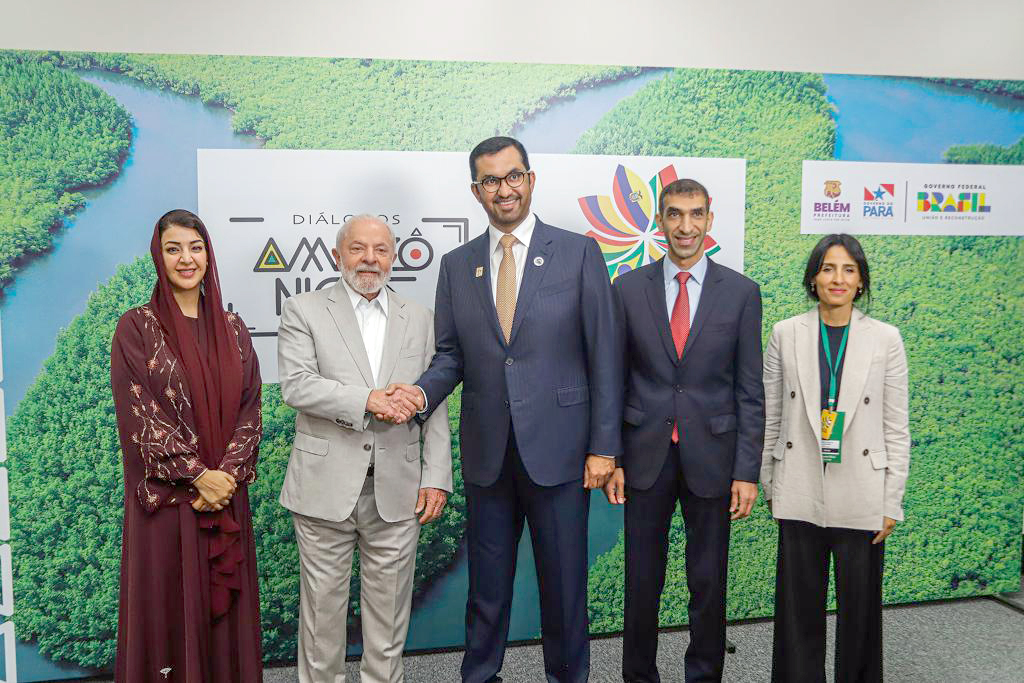
The Global Cooling Pledge is an effort spearheaded by the COP28 Presidency and endorsed by the Cool Coalition led by the United Nations Environment Programme (UNEP), along with its associates such as the Sustainable Energy for All Initiative (SEforALL) and the International Renewable Energy Agency (IRENA).
UNEP is the foremost international authority concerning the environment. Its role involves guiding and fostering collaborations in environmental stewardship. This is achieved by motivating, educating, and empowering nations and communities to enhance their quality of life while safeguarding the well-being of generations to come. SEforALL is an international organization that collaborates with the United Nations and governmental officials, private sector entities, financial establishments, civil society groups, and charitable foundations on a global scale. Their joint efforts are aimed at expediting progress towards the realization of Sustainable Development Goal 7 (SDG7) by 2030. This goal pertains to ensuring universal access to reasonably priced, dependable, sustainable, and contemporary energy, all of which align with the principles of the Paris Agreement concerning climate action.
The International Renewable Energy Agency (IRENA) stands at the forefront of global efforts to promote sustainable and widespread adoption of renewable energy sources. With a mission to accelerate the transition to a renewable energy future, IRENA plays a pivotal role in facilitating cooperation, research, and policy development among nations to address pressing energy and environmental challenges.
Earlier this year, a preview highlighted the need for advancements in various areas such as nature-based solutions, highly efficient appliances, the preservation of cold chains for food and vaccines, district cooling systems, and the creation of National Cooling Action Plans.
During the High-Level Dialogue that coincided with the G20 Energy Transition Ministerial in Goa, Dr. Sultan al Jaber, who is the President-Designate of COP28 and the UAE’s Special Envoy for Climate Change, emphasized a unique opportunity to collectively address the cooling challenge through the Global Cooling Pledge. This initiative aims to enhance efficiency and promote sustainable access to cooling. Its momentum is growing, with early supporters, including India and Denmark, numbering more than 20.
The President-Designate of COP28 was joined by Dr. Jitendra Singh, the Indian Minister of Science and Technology, Dan Jørgensen, the Danish Minister for Development Cooperation and Global Climate Policy, Rohit Monserrate, the Mayor of Panaji, and international energy sector leaders. Together, they urged governments to endorse the Global Cooling Pledge ahead of COP28.
Representing the Government of Denmark, Dan Jørgensen, who serves as the Minister for Development Cooperation and Global Climate Policy and is a Cool Champion, asserted that achieving universal access to sustainable cooling necessitates international collaboration, dedicated climate financing, and leadership from key stakeholders. He encouraged decision-makers from governments, the private sector, and civil society to raise awareness and advocate for a global approach to sustainable cooling.
Recent record-breaking temperatures, including some surpassing 50 degrees Celsius, underscore the urgency of making progress in achieving sustainable cooling for everyone. Recent data from the Chilling Prospects research series indicates that advancements are not happening quickly enough to counter the heat. Approximately 1.12 billion people remain at considerable risk due to insufficient access to cooling, representing a decrease of slightly over 20 million compared to the previous year. The most critical cooling access gaps are found in impoverished rural areas of Sub-Saharan Africa and in rapidly growing cities within high-temperature regions of the Global South.
In these locations, people face health, safety, and productivity risks because they lack adequate cooling resources. Therefore, providing cooling solutions to these areas becomes a pivotal issue for both development and climate concerns, as the demand for cooling must be met sustainably. Presently, conventional cooling methods, like air conditioning, are responsible for over 7% of global greenhouse gas emissions. Without more robust action, these emissions are projected to double by 2050.
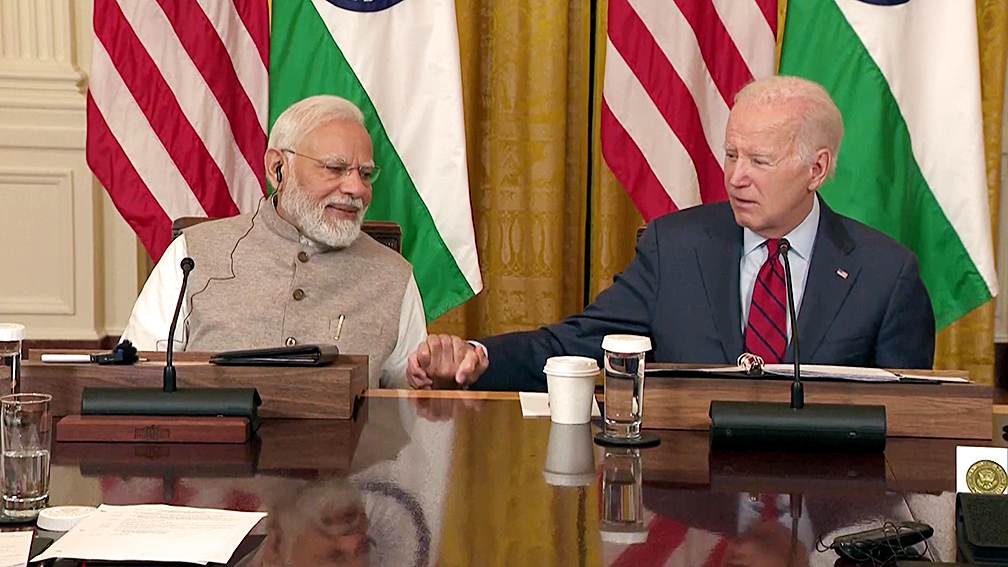
Damilola Ogunbiyi, the CEO and Special Representative of the UN Secretary-General for SEforALL (Sustainable Energy for All), as well as Co-Chair of UN-Energy, expressed enthusiasm about collaborating with partners to ensure the success of the Global Cooling Pledge in the upcoming months. The focus will then shift to assisting countries in implementing solutions following the Pledge.
The COP 28 summit is scheduled to be held in Dubai from November 30th to December 12th, 2023. Earlier in June, delegates from nations worldwide gathered in Bonn, the former capital of West Germany, for the first full in-person meeting since COP27 in Sharm el-Sheikh. Despite considerable challenges experienced in Bonn, particularly regarding the inability of Parties to reach consensus on a session agenda spanning two weeks, notable progress was achieved.
During the meeting, Parties and representatives from civil society directed their attention towards the post-2030 ambition dilemma. They advanced their efforts concerning the Global Stocktake, a process set to culminate in COP28 this December. The Global Stocktake is designed to propel the ambition cycle of the Paris Agreement and will serve as the foundation for the forthcoming series of emissions reduction targets for 2035 and 2040. Additionally, it will pave the way for fresh initiatives to address climate change impacts, bolster financial and technical resources for developing nations, and enhance adaptation measures.
Regrettably, the agenda which was finally adopted did not incorporate a segment on the Mitigation Work Programme, a matter agreed upon during COP27 and endorsed by the EU as a component of the decision reached in Sharm el-Sheikh, with support from the progressive alliance comprising both developed and developing nations. The Work Programme’s objective is to expedite emission cuts during this pivotal decade before 2030, aiming to limit the global average temperature increase to less than 1.5 degrees Celsius.
Since the breakthrough commitment made by Parties at COP27 in Egypt, wherein they pledged to establish more equitable funding mechanisms with an expanded donor base to aid vulnerable communities in confronting the adverse effects of climate change, negotiations proceeded. During the Bonn meetings, progress was achieved in the operationalisation of the Santiago Network focused on addressing loss and damage. However, regrettably, no consensus was reached regarding the network’s hosting, despite the positive participation of all parties involved. The European Union maintains an optimistic outlook, anticipating that an effective resolution can be devised in Dubai, facilitating the timely provision of vital technical assistance to those in dire need.
The European Union underscores the significance of climate finance across the board and remains committed to its climate finance obligations. It emphasizes the necessity of harmonising global financial flows with the goals outlined in the Paris Agreement to ensure that the financial support corresponds adequately to the demands of combatting the profound challenges arising from the climate emergency. This includes a scrutiny of the donor pool. Several other nations share this viewpoint, and the European Union reaffirms that this matter must be tackled during COP 28.
Deliberations held within the technical expert dialogues concerning the post-2025 climate finance objective and the ongoing discussions related to funding arrangements, including a fund designated for addressing loss and damage, were characterised by constructive and substantive exchanges. These dialogues are anticipated to contribute valuable insights towards achieving consensus during COP 28.
Turning to the matter of adaptation, the European Union and other developed nations acknowledge the urgency of this issue. They are committed to elevating their support by reinforcing existing mechanisms and institutions that possess demonstrated experience and expertise in aiding communities in distress.
The conclusion of the Bonn session saw the Parties reaching a consensus on forwarding a set of “informal notes.” These notes will serve as the foundation for ongoing efforts between the present time and the upcoming COP28 scheduled for December in Dubai.


